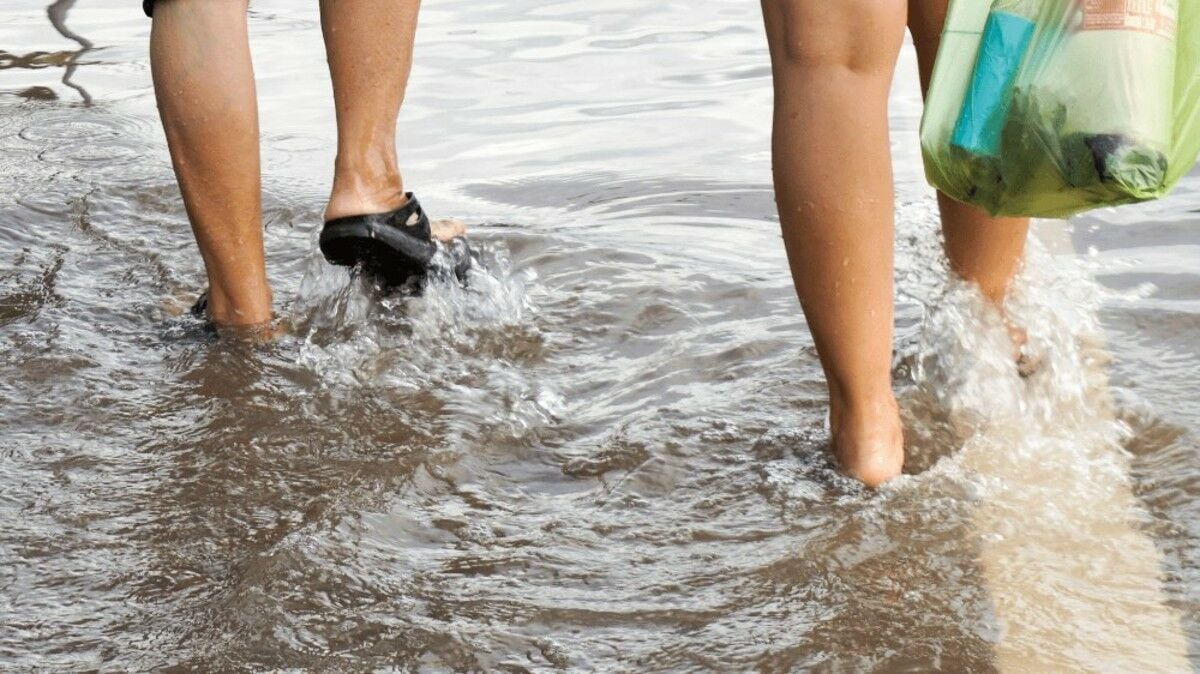Bacterial infections: Thailand’s silent killers strike flood victims

Thailand’s Department of Disease Control (DDC) issued a warning as cases of Leptospirosis and Melioidosis surge amidst the rainy season and floods.
Both bacterial infections are on the rise, particularly threatening children, and require immediate attention. In just the first nine months of this year, around 6,000 cases have been reported, leading to a staggering 119 deaths.
Leptospirosis, often spread by animals such as rats, pigs, and dogs, can be contracted through wounds or prolonged exposure to dirty water. With 2,926 cases reported so far, over two-thirds of those affected are farmers who come into direct contact with water and mud.
“The fatalities are often due to delayed medical consultation or self-medication,” warned Dr Weerawat Manosuthi, emphasising the importance of seeking prompt treatment.
Adults aged 55 to 64 are most frequently diagnosed with Leptospirosis, though children playing in floodwater are also at high risk. Parents are urged to monitor their children closely to prevent exposure during the floods.
Another dangerous infection, Melioidosis, lurks in soil and water, posing a threat to farmers and those in close contact with contaminated environments. With 2,881 cases reported, 76.7% of the infected are farmers. Alarmingly, this deadly disease has already claimed 90 lives this year.
To stay safe, experts recommend avoiding contact with floodwaters, washing immediately after exposure, drinking only clean water, and ensuring food is fully cooked, reported Thai PBS World.
“If you experience a high fever, headache, and muscle pain for more than a couple of days, see a doctor immediately,” urged Dr Akkaratan Chitnuyanan, as early detection can save lives.
In related news, Thailand’s Ministry of Public Health intensified its monitoring of travellers arriving from Afghanistan, aiming to curb the potential spread of a mysterious infectious disease. Local officials in Afghanistan reported at least 500 cases of the unidentified illness in the Kafshan Valley, Shinwari district of Parwan province, approximately 80 kilometres north of Kabul.
Latest Thailand News
Follow The Thaiger on Google News:


























